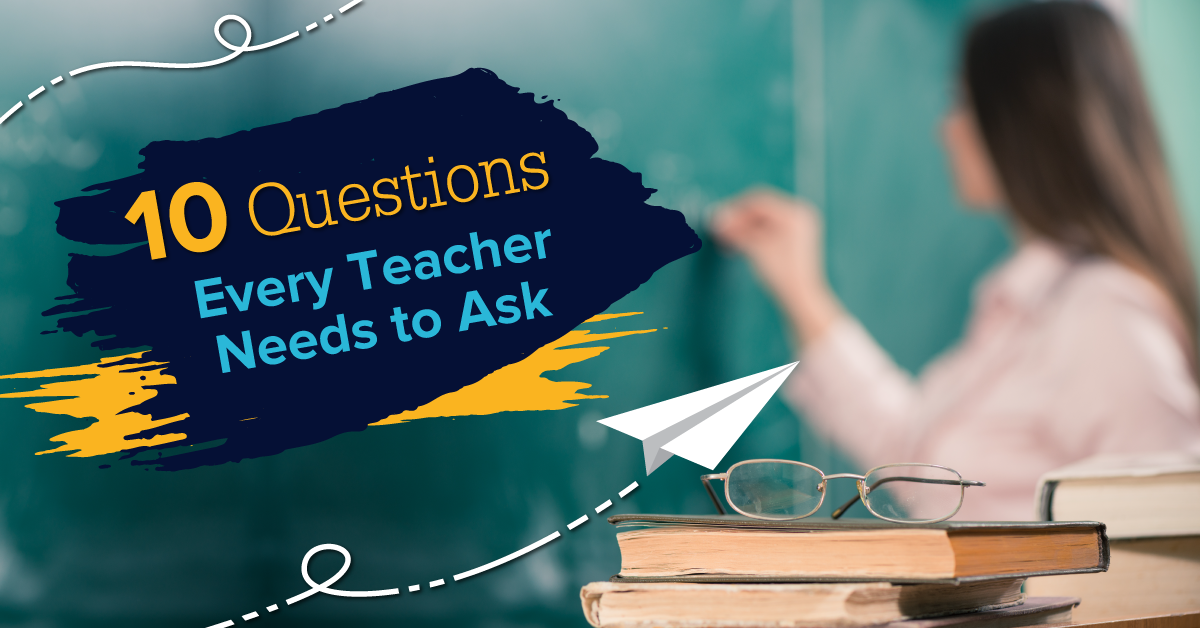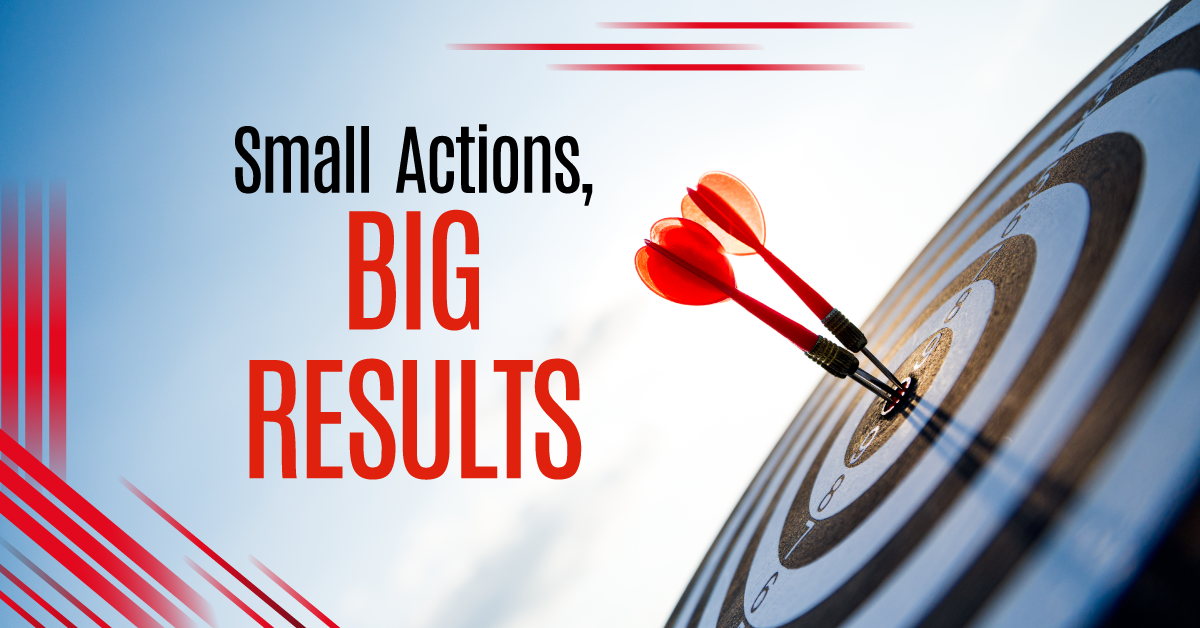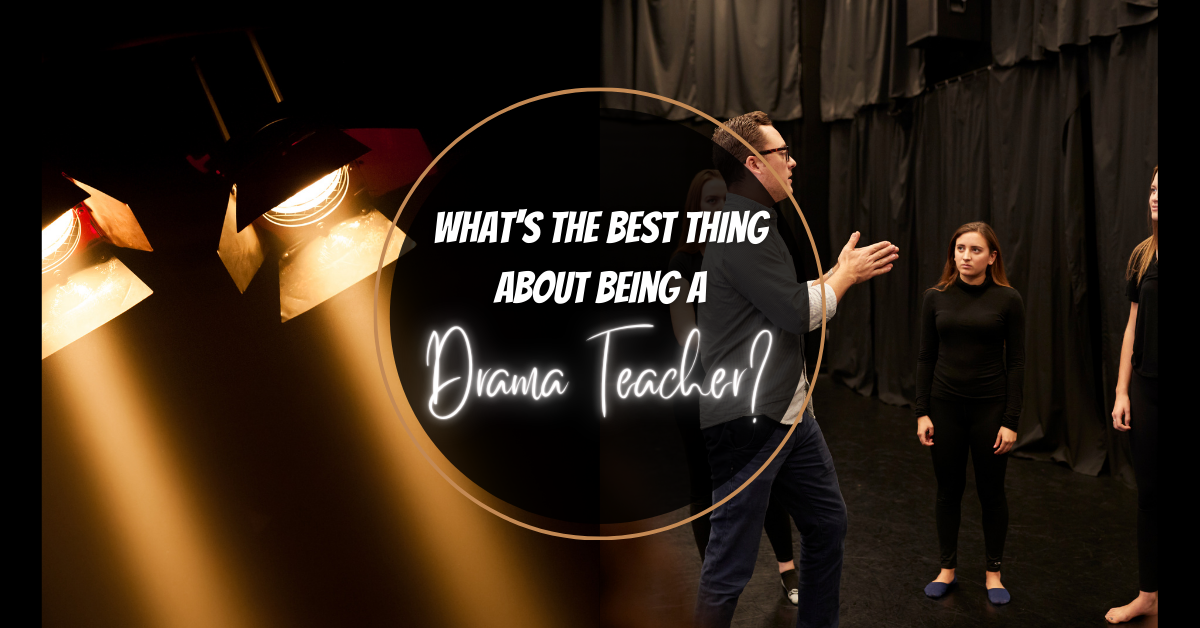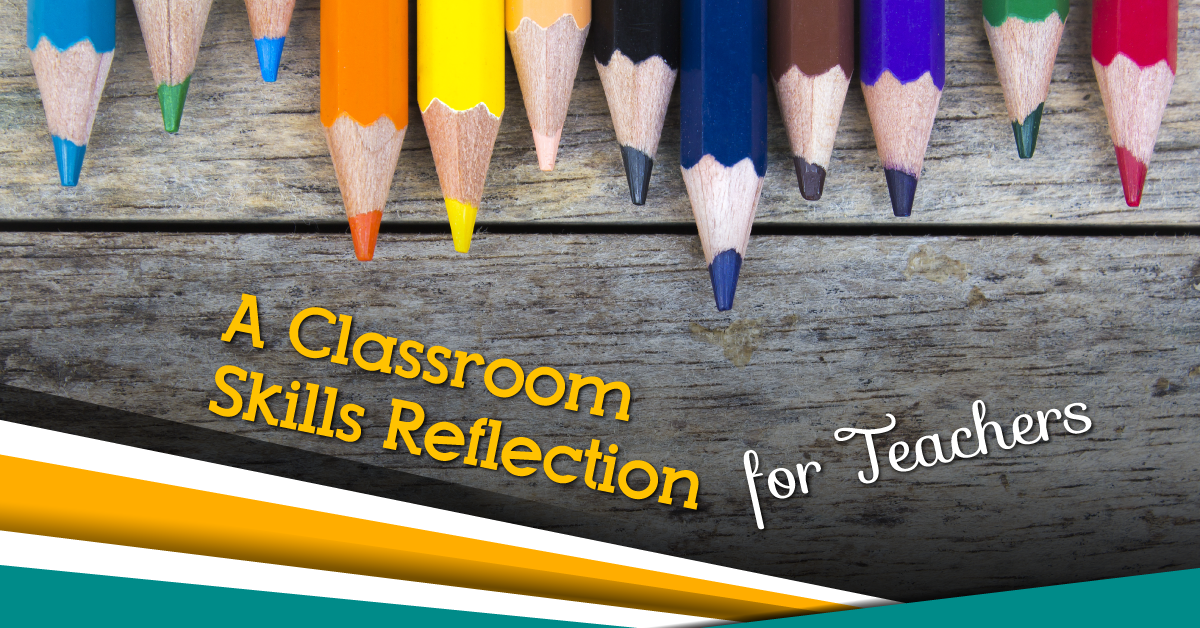Agatha Rex by Lindsay Price is a bold high school take on Antigone - packed with heart, conflict, and a powerhouse ensemble. One girl. One stand. One huge risk. *NEW COMPETITION VERSION AVAILABLE!*
Ten Questions Every Teacher Needs to Ask. (When did you last ask #3?)
How often do you self-evaluate?
Teachers ask students to evaluate themselves all the time. Self-evaluation is an important part of the learning process; it cultivates critical thinking skills, it promotes self-reflection, and hopefully a sense of responsibility for one’s work.
Self-evaluation is not just for students. Teachers too need to develop critical thinking, self-reflection and a sense of responsibility for their work. A successful teacher is a connected teacher – able to identify what’s going right and what needs improvement. A connected teacher never stops learning from what they do in the classroom.
Self-Evaluation can help you:
- Determine areas you love.
- Recognize areas you don’t.
- Highlight your strengths.
- Pinpoint skills to improve.
- Avoid burnout.
- Become a better teacher.
What assessment questions do you ask yourself on a regular basis? Teachers don’t have the time to self-evaluate after every class. But every teacher should have an action plan in place to touch base with how they’re doing throughout the year. This is especially true for new teachers – the more you assess what’s happening in the classroom, the quicker you’ll improve, and the more confidence you’ll have. Students can spot a floundering teacher a mile away.
The bottom line is that you love to teach. Self-evaluation can help you hold on to that love for years to come.
Where do I start?
Ask and answer questions that establish an outlook for the year, gauge how you’re doing in the middle, then reflect back at the end. If you work in a semester system, change this to the beginning, middle, and end of the semester.
Here are 10 Self-Evaluation Questions for each step.
Beginning of the Year
The beginning of the year is all about promise. What do you aspire to achieve? How do you feel when you look at the year ahead?
1. What are my teaching goals for this year?
2. How have my teaching goals changed from last year?
3. What do I love about teaching?
4. How will I bring my love of teaching to the classroom?
5. What do I hate about teaching?
6. What action will I take to deal with these negative feelings?
7. What is my top strength as a teacher?
8. What is one area I feel needs improvement?
9. What action will I take to improve this area?
10. What am I looking forward to the most for this year?
Bonus! Finish these sentence starters.
- Teaching is important to me because…
- I am the kind of teacher who…
- I aspire to be the kind of teacher who…
- I expect all teachers to…
- The one word to describe my teaching goal this year is…
Middle of the Year
The middle of the year is about the specifics and the students. What is happening in the classroom?
1. How do I feel about my teaching halfway through the year?
2. What is working with my students? Are they learning?
3. What is not working with my students? Why aren’t they learning?
4. What action will I take to improve student learning?
5. Is my classroom well managed? Why or why not?
6. What action will I take to improve classroom management?
7. Are my students engaged or disengaged?
8. What action will I take to improve engagement?
9. Am I engaged in the classroom?
10. What action will I take to improve personal engagement?
Bonus! Finish these sentence starters.
- Halfway through the year and I want to keep on…
- Halfway through the year and I want to change…
- Halfway through the year and my teaching goals are…
- Halfway through the year and I feel the students are…
- The one word to describe my teaching thus far…
End of the Year
The end of the year is about reflection. How far have you come? Where do you need to go?
1. Did I achieve my yearly teaching goal? Why or why not?
2. What was my best moment as a teacher this past year?
3. What was my lowest moment as a teacher this past year?
4. What action did I take to deal with this moment?
5. What action will I take so that this moment won’t happen again?
6. Did I feel supported by my colleagues and administration?
7. What action can I take to cultivate or improve this situation?
8. What professional development do I have planned?
9. How am I growing as a teacher?
10. What do I love about teaching?
Bonus! Finish these sentence starters.
- The one word to describe my year is…
- As a teacher I am most proud of…
- As a teacher I want to get better at…
- My goal for next year is…
- In five years I see myself…



